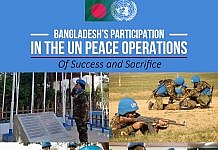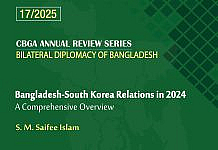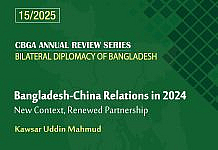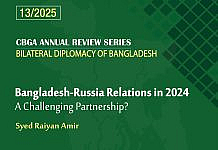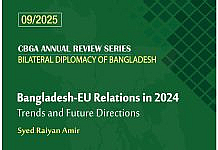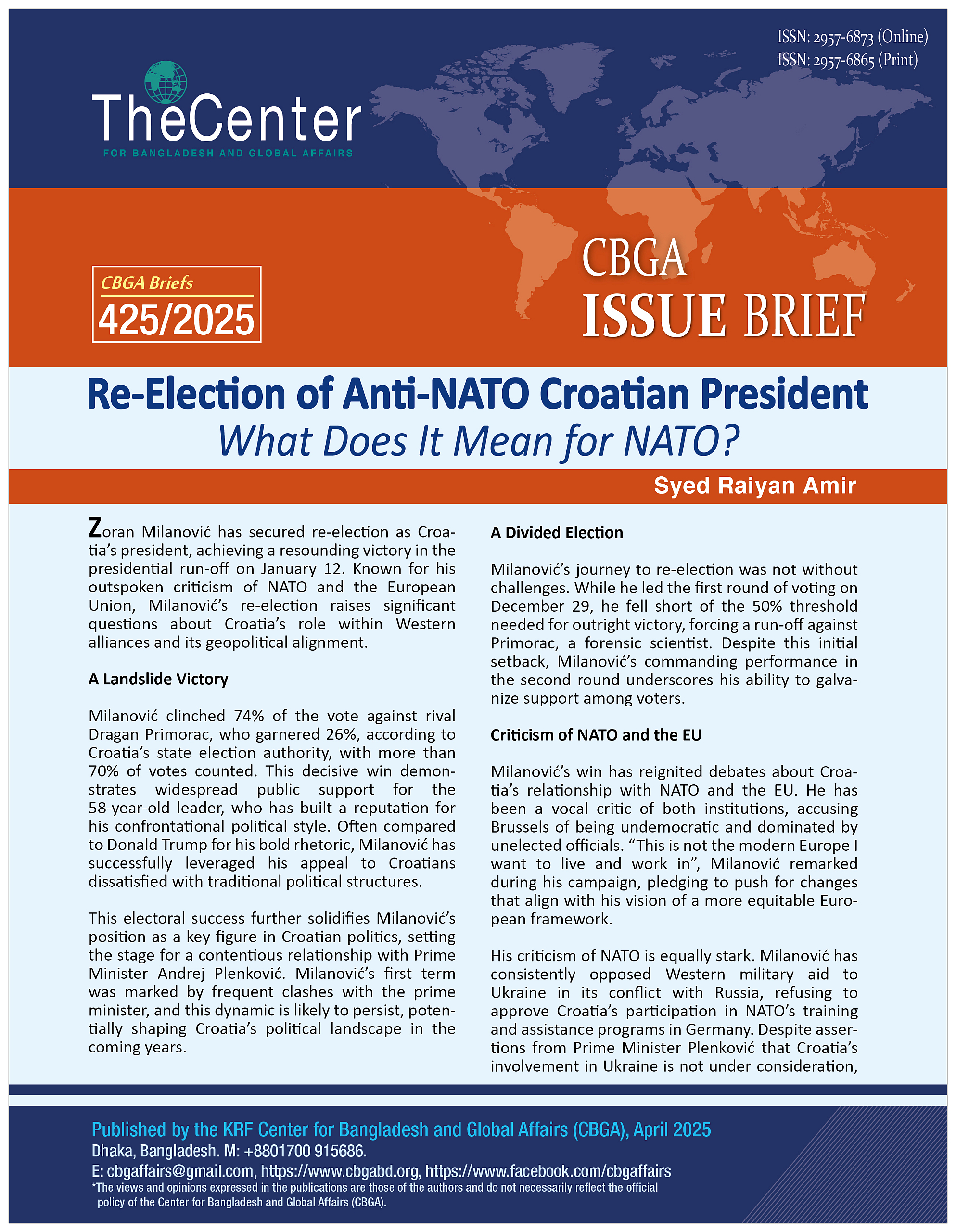
Zoran Milanović has secured re-election as Croatia’s president, achieving a resounding victory in the presidential run-off on January 12. Known for his outspoken criticism of NATO and the European Union, Milanović’s re-election raises significant questions about Croatia’s role within Western alliances and its geopolitical alignment.
A Landslide Victory
Milanović clinched 74% of the vote against rival Dragan Primorac, who garnered 26%, according to Croatia’s state election authority, with more than 70% of votes counted. This decisive win demonstrates widespread public support for the 58-year-old leader, who has built a reputation for his confrontational political style. Often compared to Donald Trump for his bold rhetoric, Milanović has successfully leveraged his appeal to Croatians dissatisfied with traditional political structures.
This electoral success further solidifies Milanović’s position as a key figure in Croatian politics, setting the stage for a contentious relationship with Prime Minister Andrej Plenković. Milanović’s first term was marked by frequent clashes with the prime minister, and this dynamic is likely to persist, potentially shaping Croatia’s political landscape in the coming years.
A Divided Election
Milanović’s journey to re-election was not without challenges. While he led the first round of voting on December 29, he fell short of the 50% threshold needed for outright victory, forcing a run-off against Primorac, a forensic scientist. Despite this initial setback, Milanović’s commanding performance in the second round underscores his ability to galvanize support among voters.
Criticism of NATO and the EU
Milanović’s win has reignited debates about Croatia’s relationship with NATO and the EU. He has been a vocal critic of both institutions, accusing Brussels of being undemocratic and dominated by unelected officials. “This is not the modern Europe I want to live and work in,” Milanović remarked during his campaign, pledging to push for changes that align with his vision of a more equitable European framework.
His criticism of NATO is equally stark. Milanović has consistently opposed Western military aid to Ukraine in its conflict with Russia, refusing to approve Croatia’s participation in NATO’s training and assistance programs in Germany. Despite assertions from Prime Minister Plenković that Croatia’s involvement in Ukraine is not under consideration, Milanović has vowed to block any proposals to send Croatian troops as part of a NATO mission.
Pro-Russian Allegations
Milanović’s stance on Russia has drawn scrutiny from domestic and international observers. His refusal to support NATO’s efforts in Ukraine has led to accusations of being pro-Russian—a label he denies. “I am not pro-Russian,” Milanović stated last year, defending his position as a reflection of Croatia’s sovereignty rather than alignment with Moscow.
These accusations have fueled tensions with Plenković and his Croatian Democratic Union (HDZ) party, who argue that Milanović’s rhetoric and policies risk undermining Croatia’s standing in the international arena.
Challenges Ahead
Croatia, a country of 3.8 million people and a member of both the EU and NATO, faces significant challenges, including high inflation, corruption scandals, and labor shortages. Milanović’s re-election comes at a time when many Croatians are frustrated with the status quo, and his populist approach has resonated with voters seeking change.
However, his presidency is largely ceremonial, with limited executive power. Despite this, Milanović wields influence as the commander-in-chief of Croatia’s military and through his ability to shape public discourse. His second term will likely be marked by continued clashes with the prime minister, particularly on issues of foreign policy and Croatia’s role within NATO and the EU.
What This Means for NATO
Milanović’s re-election adds complexity to NATO’s internal dynamics. His opposition to NATO initiatives, particularly those related to Ukraine, highlights the challenges of maintaining cohesion within the alliance. As NATO seeks to address the ongoing conflict in Ukraine and broader security concerns in Europe, Croatia’s reluctance to fully participate may complicate collective decision-making.
Moreover, Milanović’s critical stance could embolden other member states with similar grievances, potentially undermining NATO’s unity. While Croatia’s military contributions to NATO are relatively modest, the symbolic impact of a member state president opposing key alliance initiatives cannot be ignored.
A Broader Impact on the EU
Milanović’s criticism of the EU also has implications for the bloc’s cohesion. By challenging Brussels’ authority and calling for reforms, he aligns with other European leaders who have expressed dissatisfaction with the current state of the union. This rhetoric could resonate with Euroskeptic movements across the continent, further complicating efforts to address shared challenges such as economic inequality, migration, and geopolitical instability.
Conclusion
Zoran Milanović’s re-election as Croatia’s president signals a continuation of his populist and critical approach to Western institutions. While his role is largely symbolic, his influence on public opinion and his ability to challenge the policies of the prime minister could shape Croatia’s political and foreign policy trajectory in the coming years. For NATO and the EU, Milanović’s victory serves as a reminder of the challenges posed by internal dissent. As Croatia facilitates its domestic and international priorities, Milanović’s leadership will be closely watched, both for its impact on the country’s internal politics and its implications for the broader European and transatlantic alliances.
– Syed Raiyan Amir is a Senior Research Associate at the KRF Center for Bangladesh and Global Affairs (CBGA).


